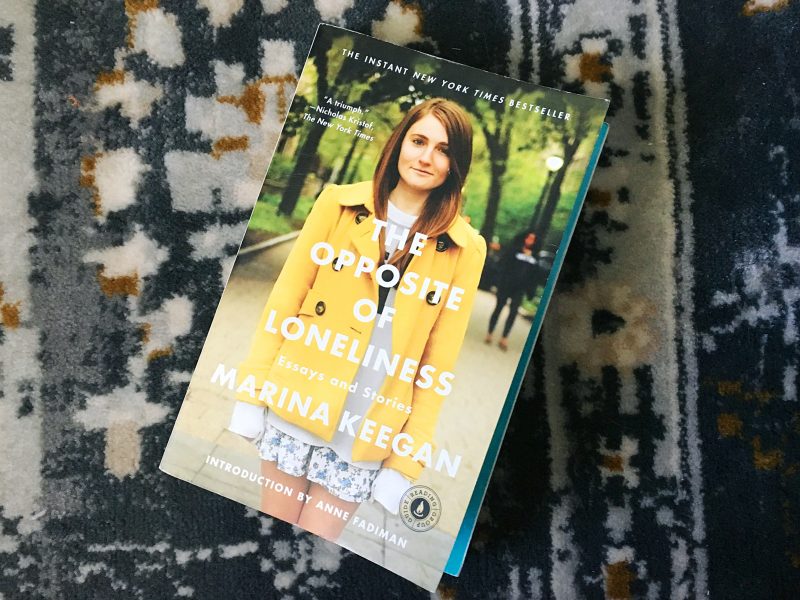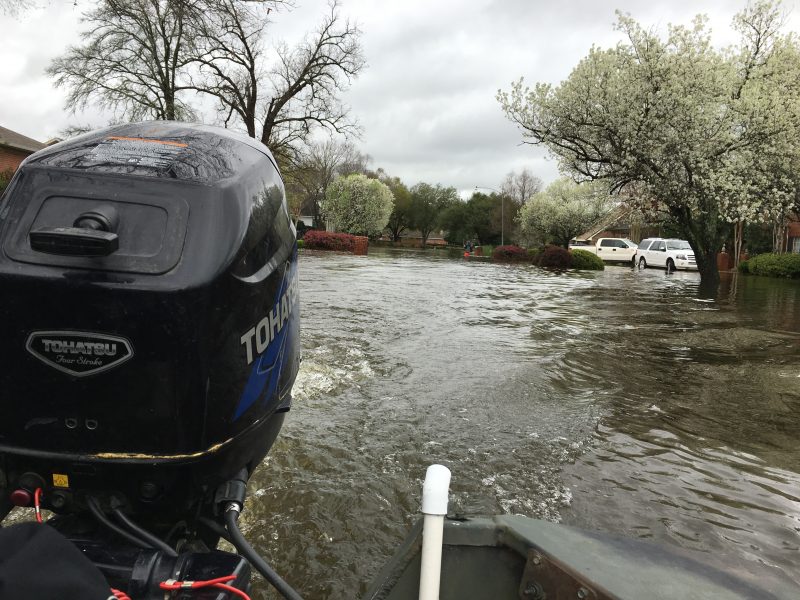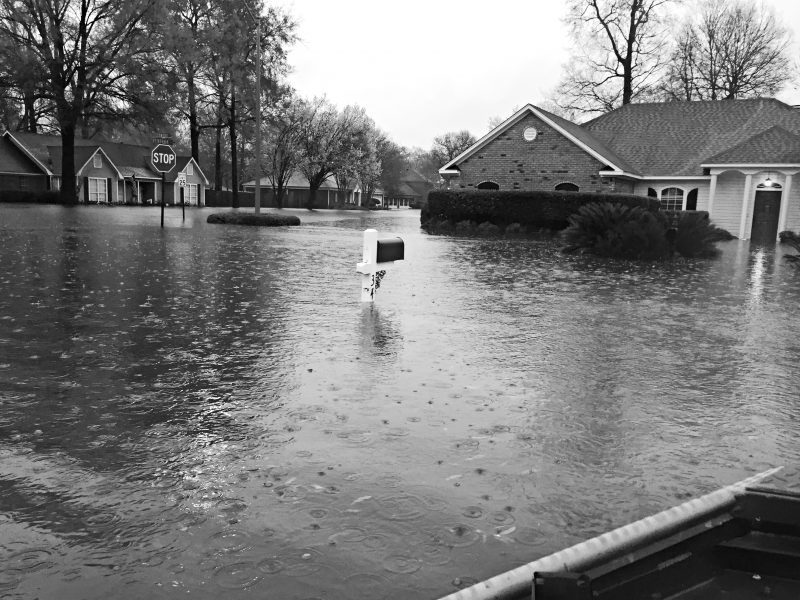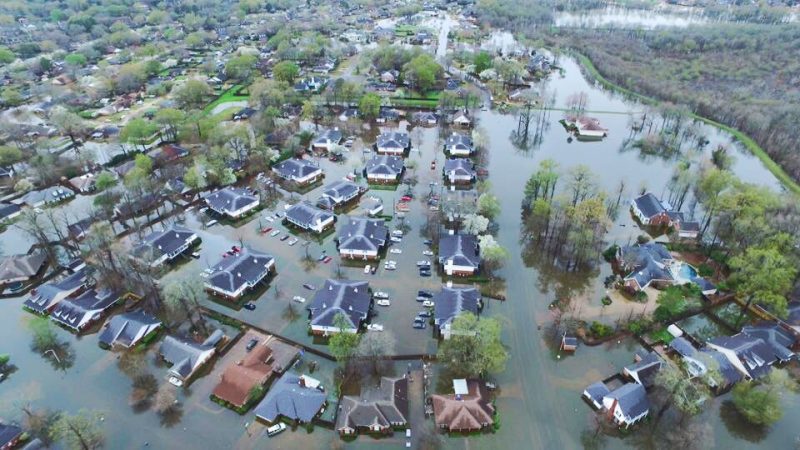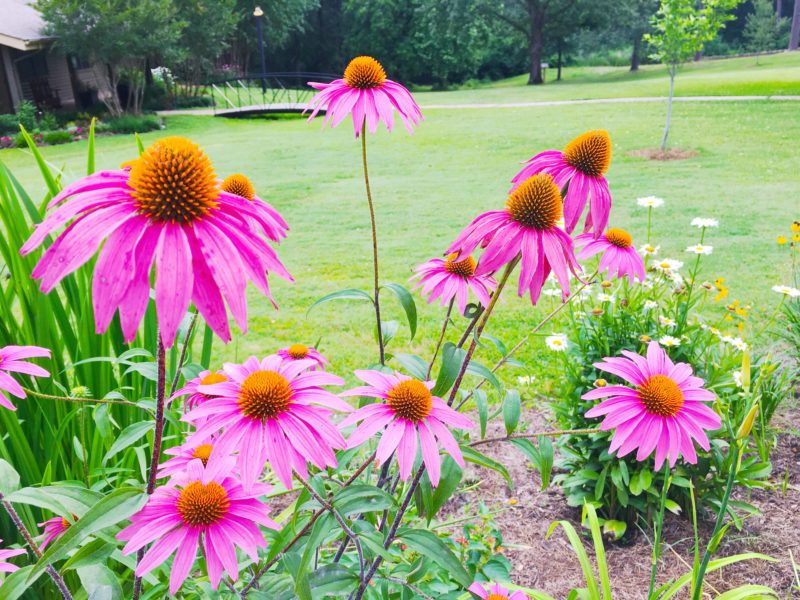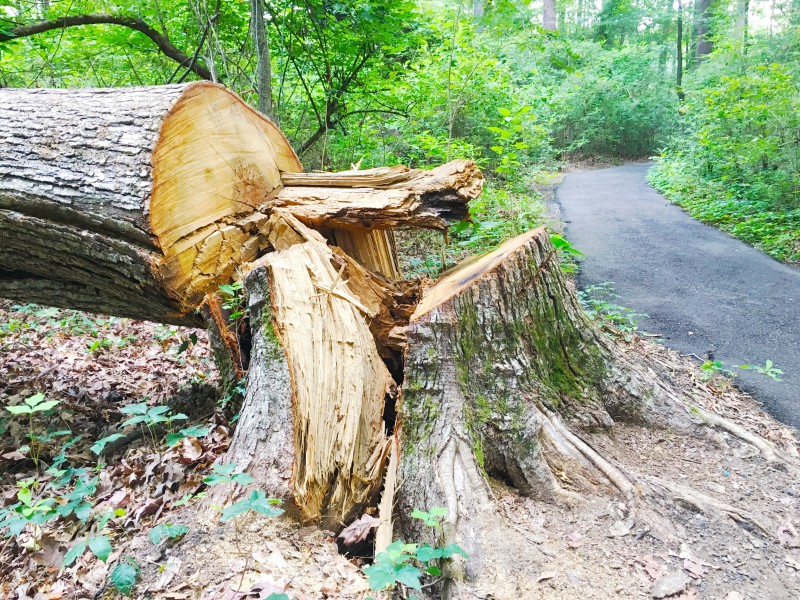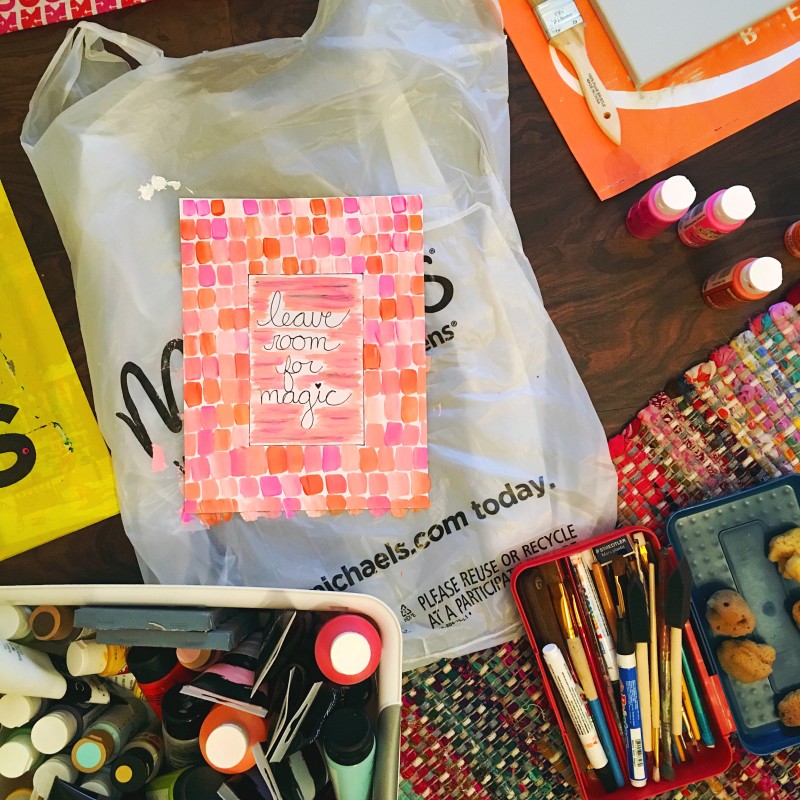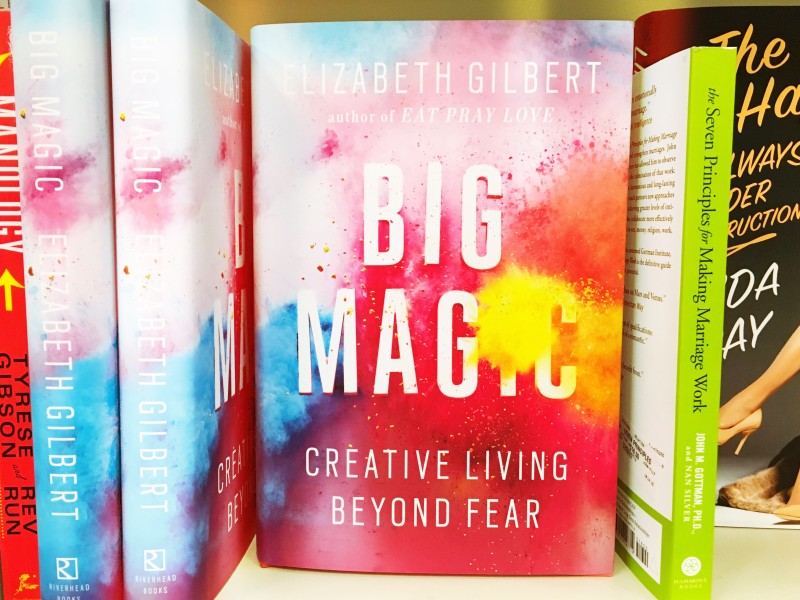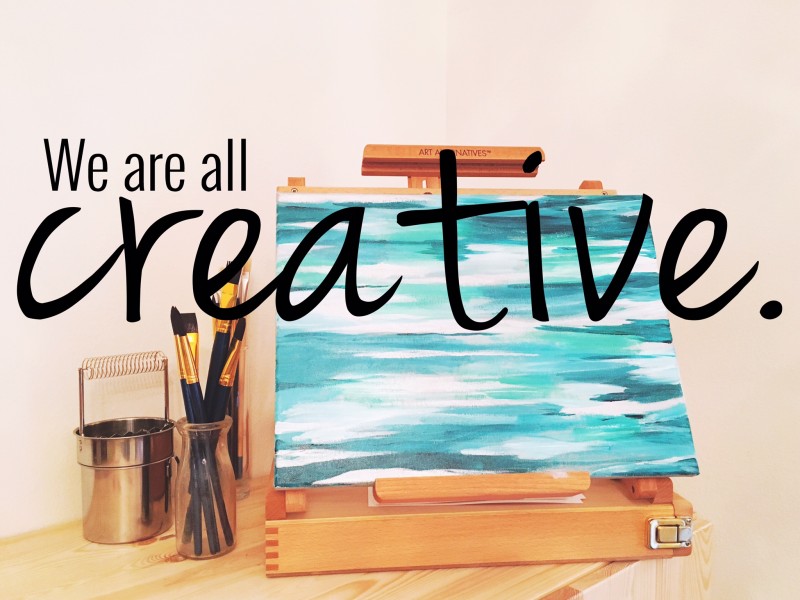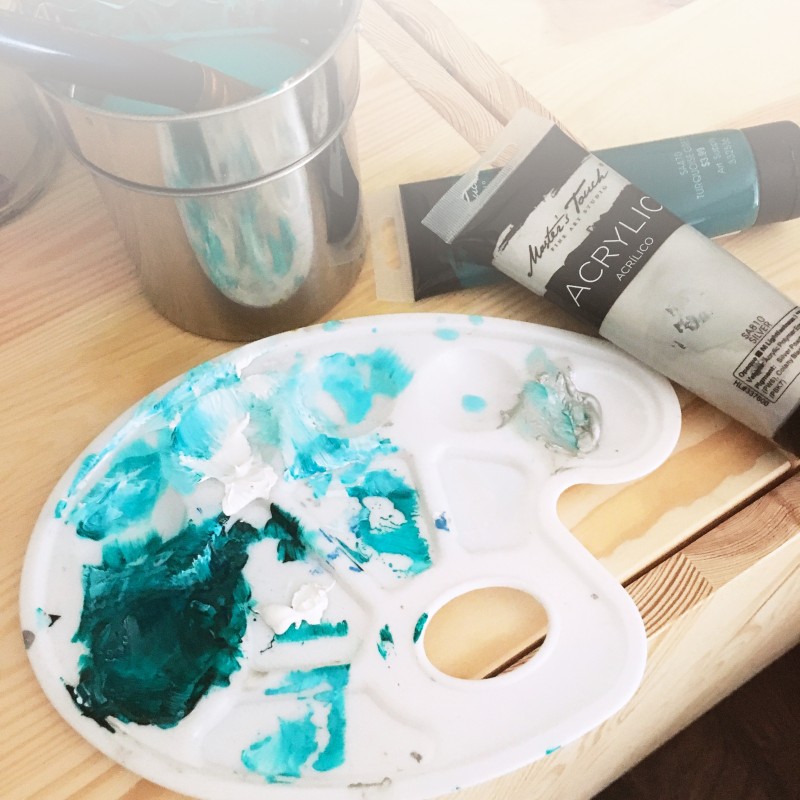 It feels like an eternity since I’ve written one of these post. It feels like an eternity since I’ve even thought about goals, much less worked towards something. (Work goals excluded. #girlboss) I decided on Sunday that I would attempt to get back to my blogging schedule. I would do this in secret, of course, so that if I failed or decided I wasn’t ready, I could abort the mission without anyone knowing. With my silent goal in mind, I began thinking about what I’d like to share here in September. I had several things in mind, some already written, so I began jotting down a plan for the month. If I were to stick with my previous Monday/Thursday schedule, then I’d have a post going up today, September 1.
It feels like an eternity since I’ve written one of these post. It feels like an eternity since I’ve even thought about goals, much less worked towards something. (Work goals excluded. #girlboss) I decided on Sunday that I would attempt to get back to my blogging schedule. I would do this in secret, of course, so that if I failed or decided I wasn’t ready, I could abort the mission without anyone knowing. With my silent goal in mind, I began thinking about what I’d like to share here in September. I had several things in mind, some already written, so I began jotting down a plan for the month. If I were to stick with my previous Monday/Thursday schedule, then I’d have a post going up today, September 1.
When I realized it was the first, I decided that I needed to share something special. I needed to share something about new beginnings or seasons changing, even though our actual season won’t be changing for quite some time here in Louisiana. Not only was I awestruck that September was here (Are we sure it’s not still March??), I couldn’t wrap my head around what an appropriate post would be. While for many, this random Thursday is a day like every other, for me, it would be signifying the return of a routine.
As you all know, the last several months have been tough and with the uncertainty surrounding our circumstances, most, if not all of our routines fell to the wayside. Not only were routines and stability a thing of the past, my word bank was dry. I had nothing to say. I could barely form sentences that made sense on a page. Understandably, I let this blog take a back seat and I hoped that when things leveled out, I would find my words again.
So I sat there on Sunday, seeing things come together around me in the house, feelings much more “normal” and at peace than I had in months, and secretly planning to get back to who and what I was before the flood. When I thought of what I could possibly say on September 1 to signify what this new month actually feels like and means to me, I thought of my monthly goals. Once upon a time, I set a few personal goals for each month and shared them here to hold myself accountable and to ensure that I made progress towards the things I wanted to do. Now, as I’m searching anxiously for stability, I thought it would be a perfect time to revive those monthly goal posts and to set some intentions for myself for September. So here they are:
- Blog 2x per week. Again, I intended to keep this “goal” to myself in case I realized I couldn’t do it. As I throw caution to the wind, I hope that I’ll be able to return to my old schedule this month – posting every Monday and Thursday morning at 6:00 (central time). I’m out of practice, though I feel like I’m getting back in the swing of things, so hopefully you’ll find something new here every Monday and Thursday this month.
- Finish the hall bath. Right now we only have one working bathroom and several things need to happen in order to mark that hall bath off the list. My intention is to complete that entire project this month. No excuses!
- Host a party! This is a big one. Since shortly after the flood, I knew I’d want to invite everyone who’d followed our journey over to see the finished product. Saying that I’ll do this in September means that I have a lot of work to do! There’s still so many small items on the punch list, and we’ll have to be diligent in getting them done in order to host an event here. Nonetheless, it’s my goal to open my house up to friends/family/neighbors/strangers by the end of this month. Wanna come? You’re invited!
- Launch the social media for Firecracker – The Store. Several months ago, I put a booth into an antique store on Antique Alley as a launching pad for an upcoming project. I’d waited for years for a booth to open up in one of my favorite stores and you’d know that one would come available right after the flood. Like the over-achieving workaholic that I am, I took it on and made something happen. However, it’s felt “thrown together” and certainly not my best work, so for the most part, I’ve kept it a secret. Not anymore! I’m getting my shit together and telling the world this month!
- Paint one painting. I had no idea how much I’d missed painting. I knew I wanted to pull together a few pieces for the house when I could, yet I didn’t know I’d have such an emotional response to getting the opportunity again. I’ve dabbled a bit already and this month I hope to complete one more piece.
There you have it. I have some monthly goals out there in the world. They probably seem simple and my anxiousness over sharing them undoubtedly seems trivial. I supposed I feel uneasy about making plans at this point. I’ve lived in a state of uncertainty for months and the thought of getting back into a routine not only seems exciting, it also feels very foreign.
For me, September will serve as a time to pick up the pieces, put things back together, and find a new rhythm. And because of that, I’ll look forward to this month with grand excitement. It’s funny to see how much is different and how much has changed since last September. And 2014…

